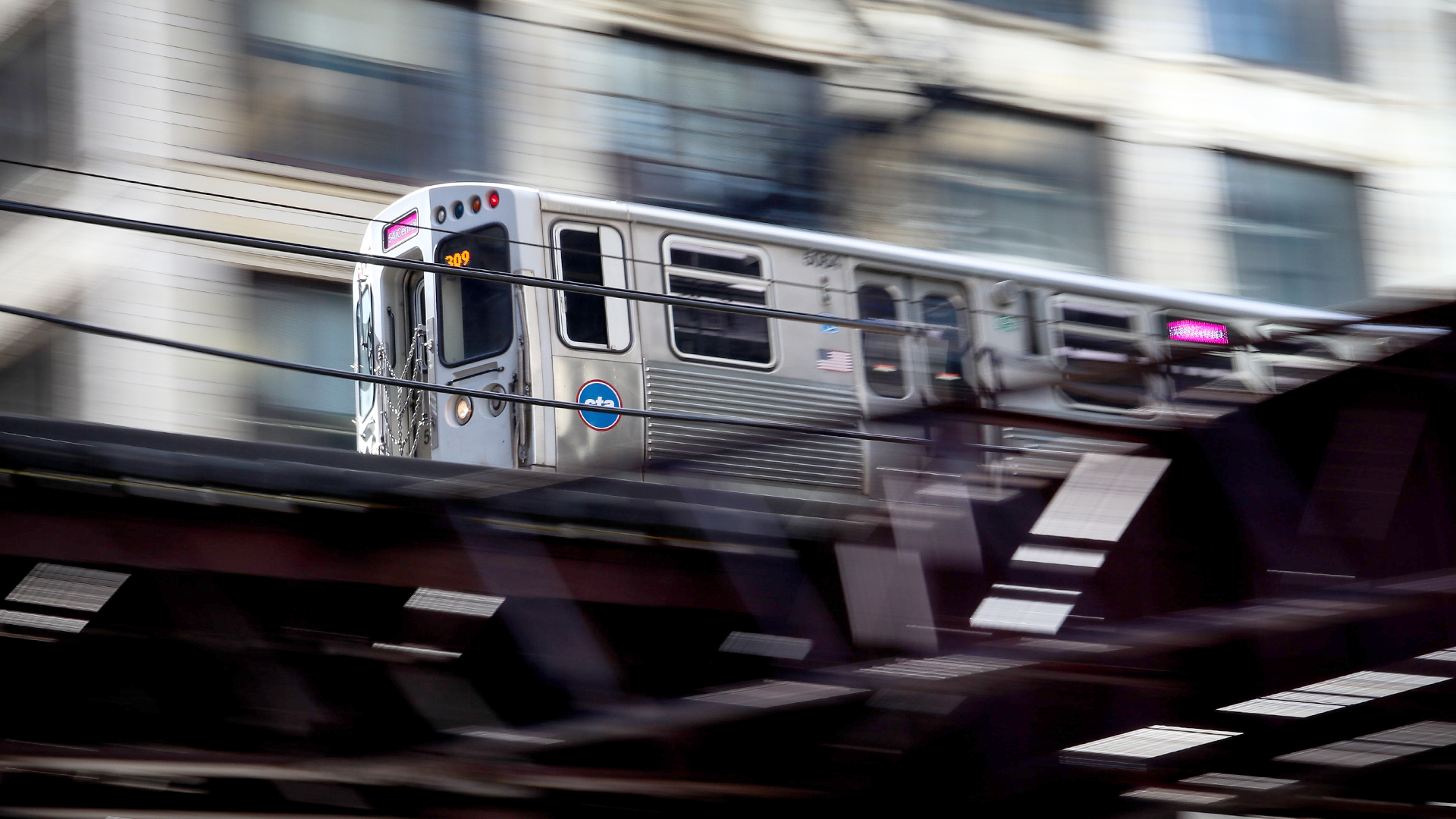The new high-speed railway will connect Manchester, Birmingham, and London as part of government efforts to ‘level-up’ the North. But with numerous contingencies, mounting costs, and environmental damages, HS2 might be the biggest major infrastructure failure in recent memory.
HS2 was first proposed by Labour government in 2009. A massive rail infrastructure project, it was designed to ‘level-up’ the North of England by providing better transport links throughout the country.
The construction of HS2 has been planned in two stages, which would see London connected with major Northern cities like Manchester and Birmingham. Stage 1, which involved a rail link between London and the West-Midlands, was initially slated to open in 2026.
Phase 2 was planned in two parts, with 2A connecting Birmingham to Crewe, and 2B continuing on to Manchester and Leeds.
However, multiple contingencies and ballooning costs have resulted in a swathe of delays. Phase 1 is now not expected to open until 2033. And the leg of HS2 connecting Birmingham to Leeds will now be scrapped altogether.
A further line, called the ‘Northern Powerhouse’, was also intended to join Manchester to Leeds, but this too has been abandoned due to rising costs.
Given the proposed benefits of HS2, it’s understandable that billions of pounds have been funnelled into the project. 40,000 extra jobs were expected to emerge in Leeds due to the development, causing a £54 billion economic boost in the area.
But now that both lines intended to connect Leeds to other major northern cities have been dropped, the government’s promise to ‘level-up’ the north is being thrown into question.
Many have argued that HS2 is actually a thinly-veiled attempt to boost London’s economic growth.
Analysis from the New Economics Foundation (NEF) suggests that the government has simply used the north as a guise for serving already wealthy communities with a major rail development, whilst upending under-developed areas with environmental damage and ongoing construction.
A 2019 report by NEF predicted the ceasing of a Leeds to Manchester route, and argued that similar investment as has been earmarked for HS2 could have been used for improving regional transport links across the north of England.




















